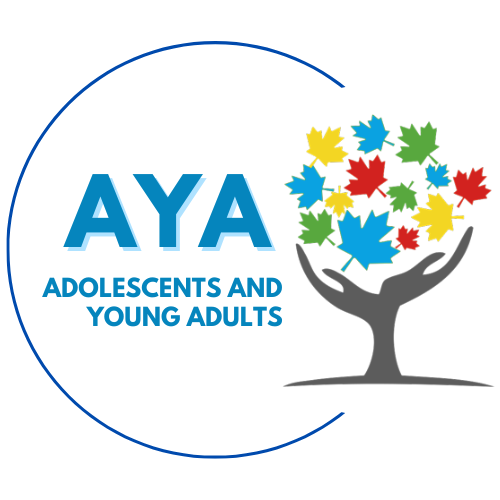Go to family friendly version
| Diagnosis | Hodgkin Disease Lymphoma, Non-Hodgkin Lymphoma, B-Cell | Study Status | Open |
| Phase | I/II |
| Age | 18 Years and older | Randomisation | NO |
| Line of treatment | Disease relapse or progression |
| Routes of Treatment Administration | Biological: Pembrolizumab (KEYTRUDA®)
Administered as an IV infusion every 3 weeks (Q3W)
Biological: Favezelimab (MK-4280)
Administered as an IV infusion Q3W |
| Last Posted Update | 2024-08-21 |
| ClinicalTrials.gov # | NCT03598608 |
International Sponsor
Merck Sharp & Dohme LLCPrincipal Investigators for Canadian Sites
CancerCare Manitoba - Dr. Leonard MinukCentres
Study Description

This study will evaluate the safety and efficacy of favezelimab (MK-4280) in combination with pembrolizumab (MK-3475) using a non-randomized study design in participants with the following hematological malignancies:
- classical Hodgkin lymphoma (cHL)
- diffuse large B-cell lymphoma (DLBCL)
- indolent non-Hodgkin lymphoma (iNHL)
This study will also evaluate the safety and efficacy of pembrolizumab or favezelimab administered as monotherapy in participants with cHL using a 1:1 randomized study design.
The study will have 2 phases: a safety lead-in and an efficacy expansion phase. The recommended Phase 2 dose (RP2D) will be determined in the safety lead-in phase by evaluating dose-limiting toxicities.
There is no primary hypothesis for this study.
Inclusion Criteria
- Has measurable disease, defined as ≥1 lesion that can be accurately measured in 2 dimensions with diagnostic quality cross sectional anatomic imaging (computed tomography or magnetic resonance imaging). Minimum measurement must be >15 mm in the longest diameter or >10 mm in the short axis
- Is able to provide a core or excisional tumor biopsy for biomarker analysis from an archival (within 3 months) or newly obtained biopsy at screening
- Has a performance status of 0 or 1 on the Eastern Cooperative Oncology Group (ECOG)
Exclusion Criteria
- Has known clinically active central nervous system (CNS) involvement
- Has received prior therapy with an anti-lymphocyte activation gene-3 (LAG-3) antibody
- Has received chimeric antigen receptors (CAR)-T-cell therapy for cHL and DLBCL Cohorts
- Has received prior anticancer therapy or thoracic radiation therapy within 14 days before the first dose of study treatment
- Has ≥Grade 2 non-hematological residual toxicities from prior therapy
- Has had a prior anticancer monoclonal antibody within 4 weeks prior to study Day 1 or who has not recovered (i.e., ≤Grade 1 or at baseline) from AEs due to agents administered ≥4 weeks earlier
- Has received a live vaccine within 30 days prior to first dose of study treatment. Administration of killed vaccines are allowed
- Has received an investigational agent or used an investigational device within 4 weeks prior to intervention administration
- Has a diagnosis of immunodeficiency or is receiving chronic systemic steroid therapy or any other form of immunosuppressive therapy within 7 days prior the first dose of study drug
- Has a known additional malignancy that is progressing or requires active treatment with the exception of basal cell carcinoma of the skin, squamous cell carcinoma of the skin, or in situ cervical cancer that has undergone potentially curative therapy
- Has active autoimmune disease that has required systemic treatment in past 2 years (i.e., with use of disease modifying agents, corticosteroids or immunosuppressive drugs)
- Has a history of (non-infectious) pneumonitis that required steroids or current pneumonitis
- Has an active infection requiring intravenous systemic therapy
- Has a known history of human immunodeficiency virus (HIV) infection
- Has known, active hepatitis B or hepatitis C infection
- Is pregnant or breastfeeding, or expecting to conceive or father children within the projected duration of the study, starting with the screening visit through 120 days after the last dose of study treatment
- Has had an allogeneic hematopoetic stem cell/solid organ transplantation within the last 5 years